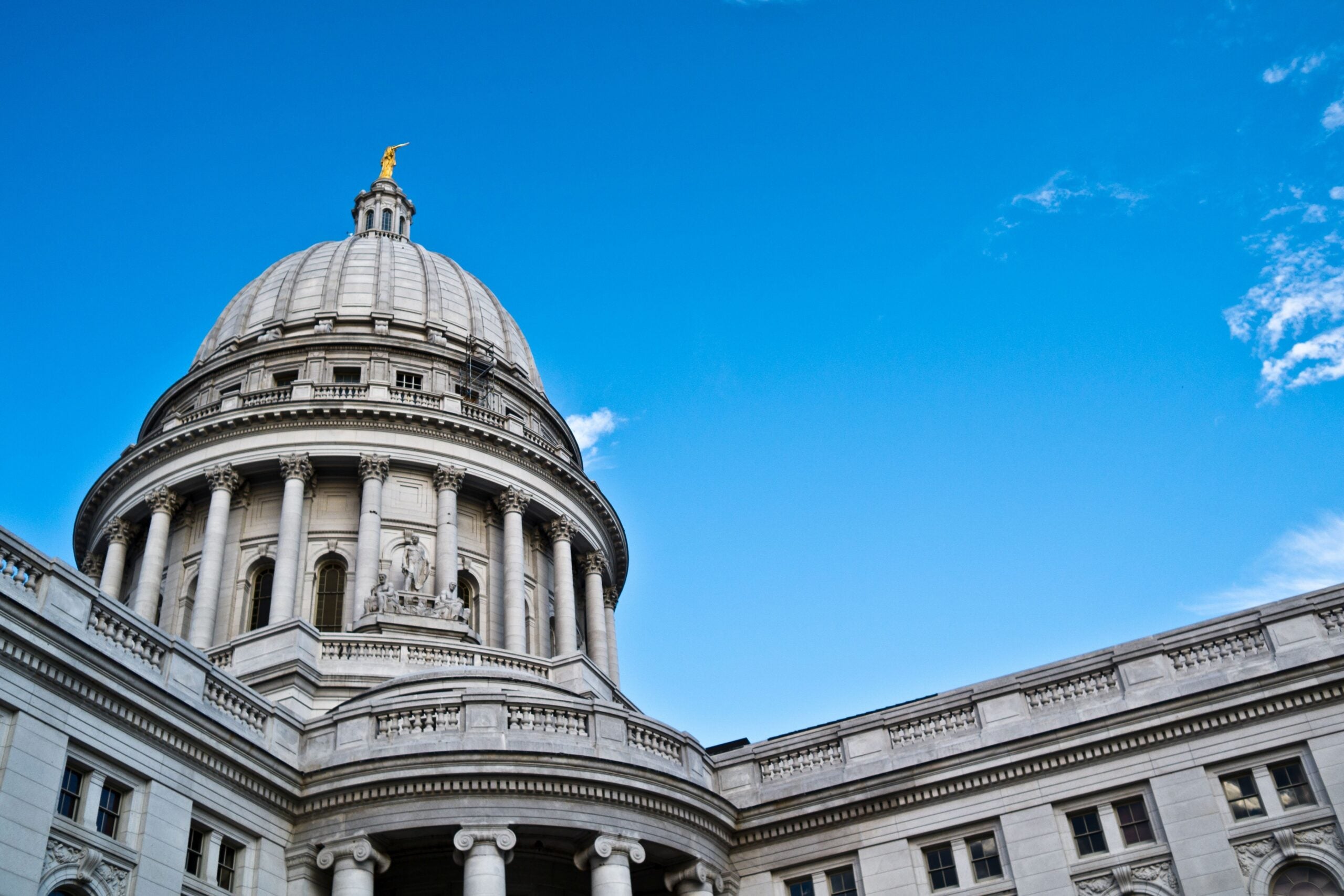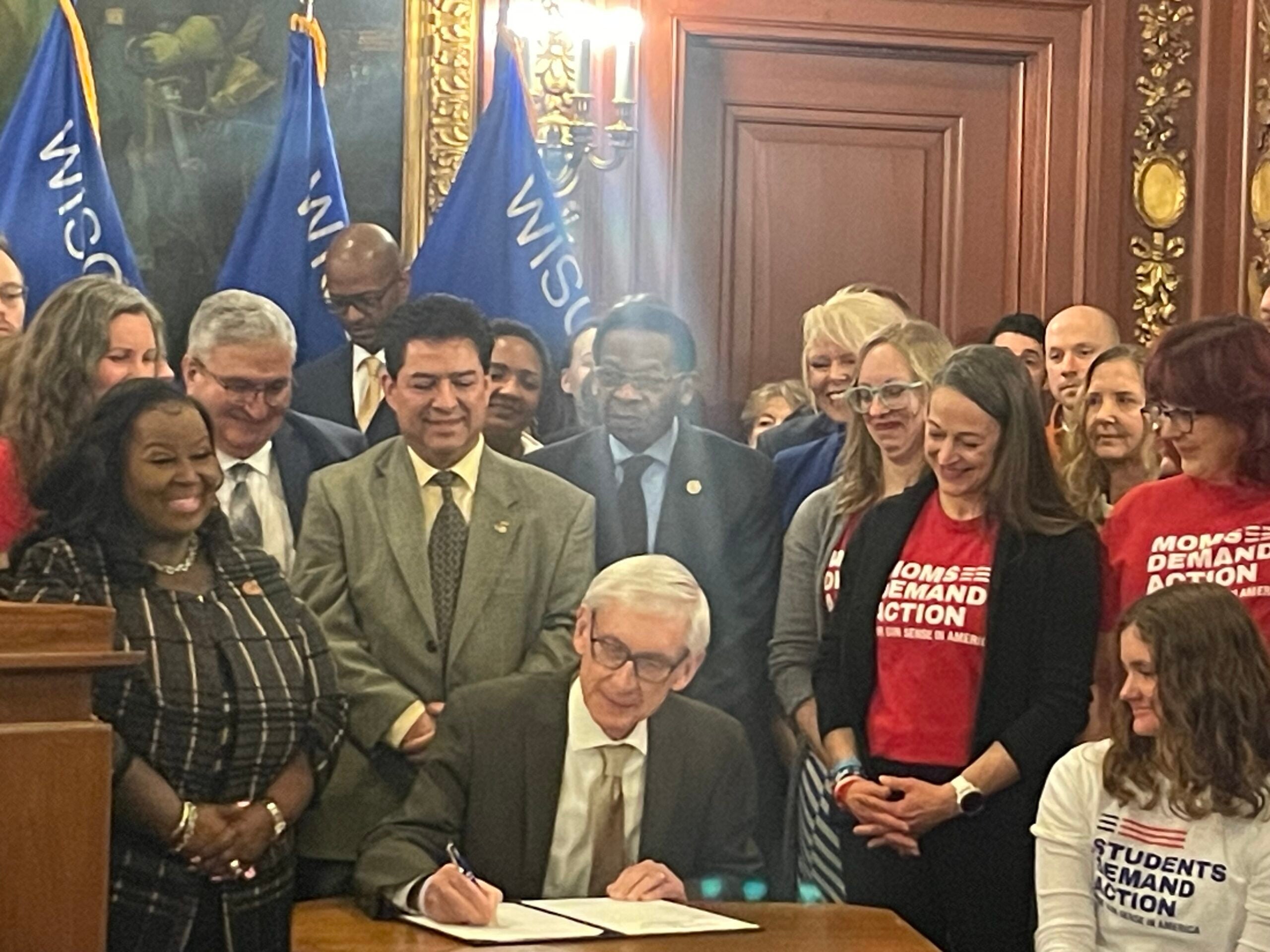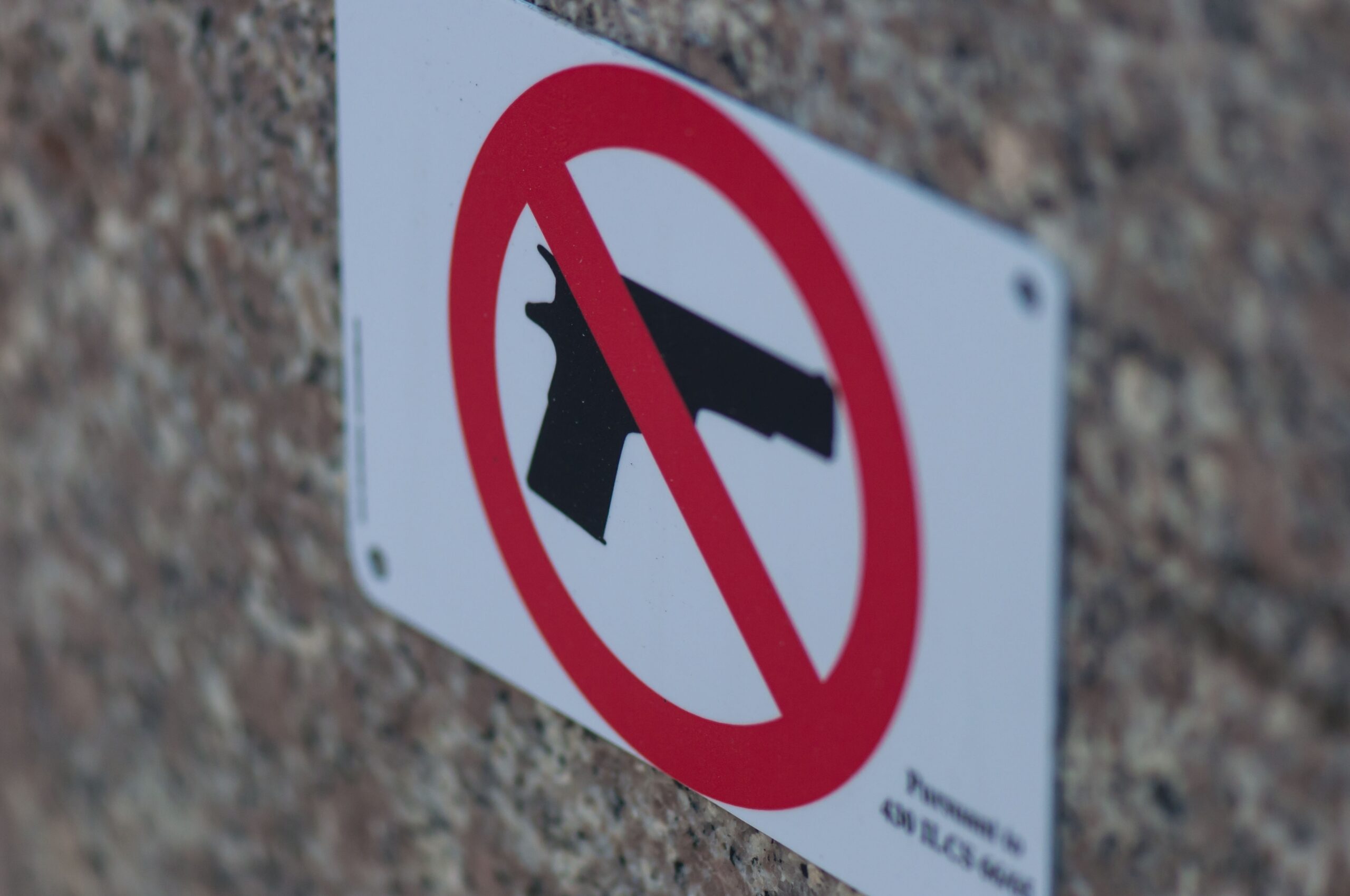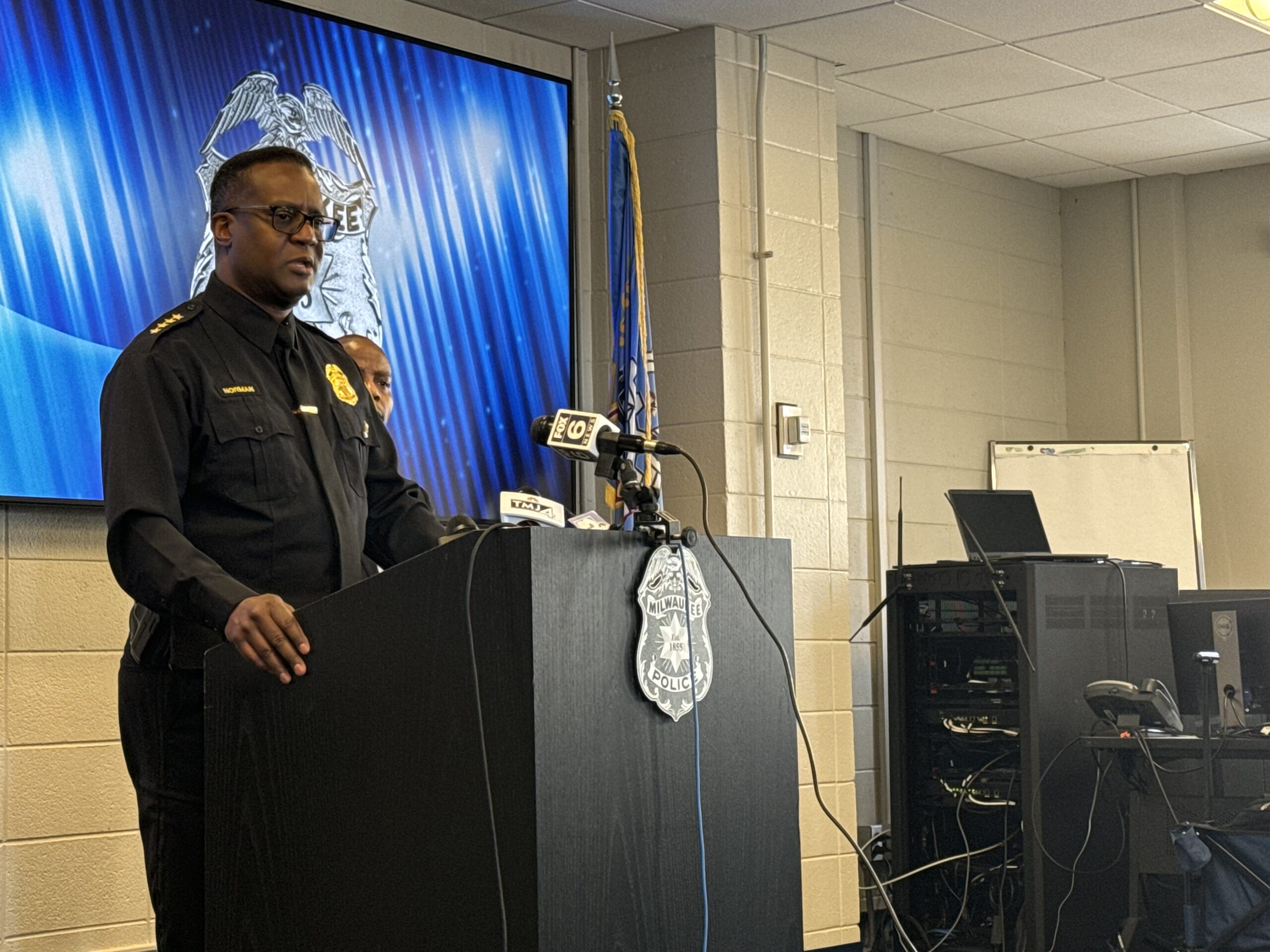Attorney General Josh Kaul announced plans Monday for Safer Wisconsin, a comprehensive legislative package that aims to reduce crime and invest in communities.
The $115 million package of bills includes new and previously introduced statutory changes, as well as funding for things like community policing, violence prevention and treatment and diversion programs.
“Across the country, we have seen a spike in shootings, in homicides and in substance use disorder cases resulting in overdose deaths. And we are here today to call on the Legislature to take action to address those issues and to help work to make our communities safer,” Kaul said at a press conference Monday in Milwaukee.
News with a little more humanity
WPR’s “Wisconsin Today” newsletter keeps you connected to the state you love without feeling overwhelmed. No paywall. No agenda. No corporate filter.
The package would be funded by the state surplus and centers on four goals:
- Strengthening community trust and preventing crime.
- Keeping guns out of the hands of those who have proven to be dangerous.
- Addressing substance use disorder and mental health crises.
- Holding offenders accountable.
The first and most significant investment is in community-based crime prevention. This includes a proposed $20 million for community policing, $10 million for victim support services, and $10 million for re-entry programs following incarceration.
“If we don’t succeed with the people coming back into the community, then we’re going to continue this revolving door problem,” Milwaukee County District Attorney John Chisholm said during the press conference.
The package also builds on a $25 million commitment from Evers for grant-funded violence prevention services by adding $10 million.
“We need to make sure that communities across the state of Wisconsin have the opportunity to tailor the programs they’re adopting to the needs of their communities,” said Kaul, “To listen to their constituents, to talk to them, and to hear from them about how these programs can be most effectively designed to make a difference.”
The bills also include ongoing funding for law enforcement training, and for the state Department of Justice’s Office of School Safety, Safe at Home, and Missing and Murdered Indigenous Women Task Force.
Another significant portion of the package addresses substance use and mental health crises through expanded treatment and diversion programs, including $15 million to create crisis response teams that can more effectively deal with people experiencing a mental health crisis.
“Policing is not the only answer in regards to how we make our community safe,” said Milwaukee Police Chief Jeffrey Norman on Monday. “And this particular package supports those efforts.”
The section of the package focused on guns aims to push forward previously introduced legislation on gun safety.
“We need to acknowledge that the spike we have seen in homicides is driven primarily by gun violence,” said Kaul. “The spike in homicides has been accompanied by a spike in shootings, and we need to take action to keep guns out of the hands of people who have been shown to be dangerous.”
This includes expanding background checks to transfer firearms, prohibiting “ghost guns” or firearms without serial numbers often purchased online and assembled at home, increasing felony classifications for certain violations, and allowing judges to issue extreme risk protection orders to temporarily remove firearms from anyone posing a risk to themselves or others, commonly referred to as a “red flag law.”
Republican legislative leaders have consistently pushed back on the universal background check and red flag law proposals in the past, saying they violate Second Amendment and due process rights.
The final section provides funding and statutory changes to increase the efficiency and effectiveness of DOJ investigations. This includes instituting a statutory timeframe for submitting sexual assault kits, establishing a hate crime hotline, expanding the list of acts considered to be an obstruction of justice, and $10 million for officer recruitment, retention and wellness.
Chisholm said the goal with most of the statutory changes is not necessarily to increase penalties, but to create laws that are more effective and efficient to enforce while still working collaboratively with community partners. He noted that the past two years have brought dual pandemics, with record homicides, record nonfatal shootings, record overdose deaths, and recorded injuries from reckless driving piled on top of COVID-19.
Supporters of the legislation said the state needs to apply the same resources and strategies to addressing violence and public safety as it did to public health during the pandemic.
“It’s time for the Legislature to step up,” said Kaul. “It is time for them to make a real investment in public safety.”
Wisconsin Public Radio, © Copyright 2025, Board of Regents of the University of Wisconsin System and Wisconsin Educational Communications Board.







